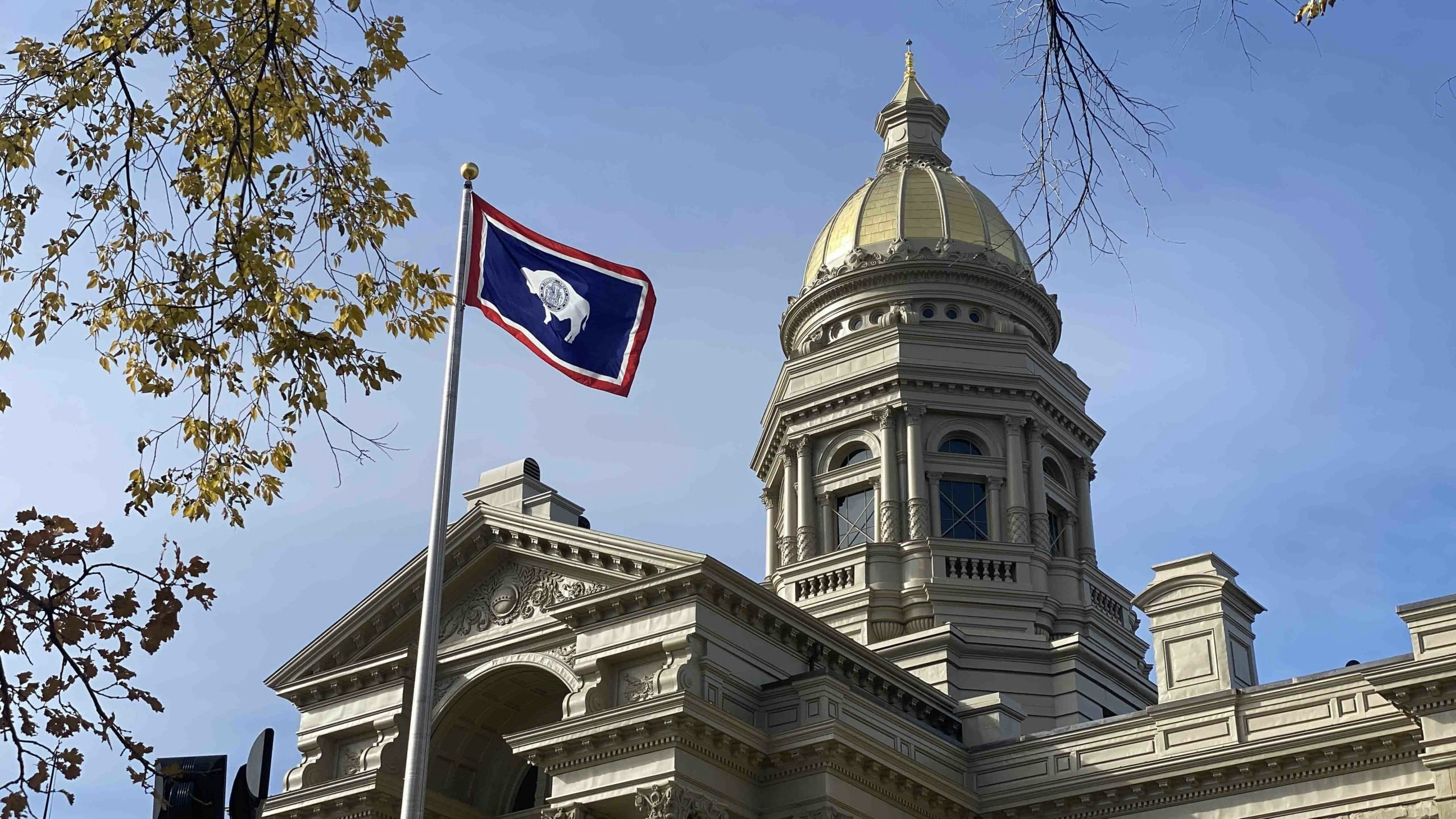A three-day special legislative session to consider possible state responses to a proposed federal coronavirus vaccine mandate will begin Tuesday with what legislative leaders hope will be an accelerated schedule.
Before lawmakers can review any legislation, however, they must approve the special rules proposed to govern the session. And while some have said a failure to adopt the rules could mean the end of the session, Senate President Dan Dockstader, R-Afton said other options could be available to lawmakers.
“There may be a fallback,” he told Cowboy State Daily on Monday.
The special session has been called to develop Wyoming’s response to President Joe Biden’s proposed coronavirus vaccine mandate for federal employees, health care workers and employees at companies with more than 100 workers.
The rules that would put the mandate in place have not yet been issued by the Occupational Health and Safety Administration.
Legislators have already filed 20 bills for consideration during the special session that would take steps such as prohibiting employers from discriminating against those who do not get vaccines or creating exemptions to the federal mandate.
But before lawmakers consider any of those bills, they must approve special rules for the session designed to speed up the process.
Usually, after a bill is introduced in one chamber, it is sent to a committee for review and then returned to the floor for amendments in three separate readings over three days. If approved, it moves to the second chamber, where the process begins again.
Under the rules proposed for this week’s session, identical versions of the bills are to be reviewed at the same time by House and Senate committees on the first day of the session.
On the second day, each chamber will review the bills three more times. If approved in the separate chambers, differences in proposed amendments to the bills will be ironed out by joint conference committees made up of members of each chamber. Those committees are scheduled to meet on the third day of the session, Thursday.
Finished legislation is to be sent to Gov. Mark Gordon for his signature on Thursday.
The special rules, which must be approved in the first day of the session, have generated opposition among some legislators who say the rules will make the legislative process less transparent and will prevent the public from having sufficient say in the bills being considered.
The Wyoming Republican Party, in an email to its members Monday, said if the rules are not approved by two-thirds of the legislators, they could then vote to adjourn the session.
Dockstader said leaders hope the rules are adopted because they have been designed to address the specific needs of this special session.
“We don’t want a situation where we venture into something not charted and these rules are designed specifically for this session,” he said. “This is all very unique.”
If legislators do reject the rules, leaders could call for a vote on adjournment or regroup to develop another plan, he added.
“We’ll recess, discuss our options and come back,” he said.
The recess probably would not last long enough for legislators in Cheyenne to return to their homes, Dockstader said.
“We’re trying to avoid that,” he said. “We’re trying to get some work done.”
Legislators could also consider suspending their normal rules to allow the multiple reviews of bills in one day, said Matt Obrecht, director of the Legislative Service Office.
“The real need for the special rules is to allow the mirror bill process,” he said. “Everything else could be accomplished by suspending rules.”
If the “mirror” bill process was not allowed, that would mean bills would move from one chamber to the other, perhaps adding another day to the session, Obrecht said.
“We’ve got a three-day session planned,” he said. “If we went with a suspension of existing rules, I think the shortest amount of time they could do it in is four days.”





